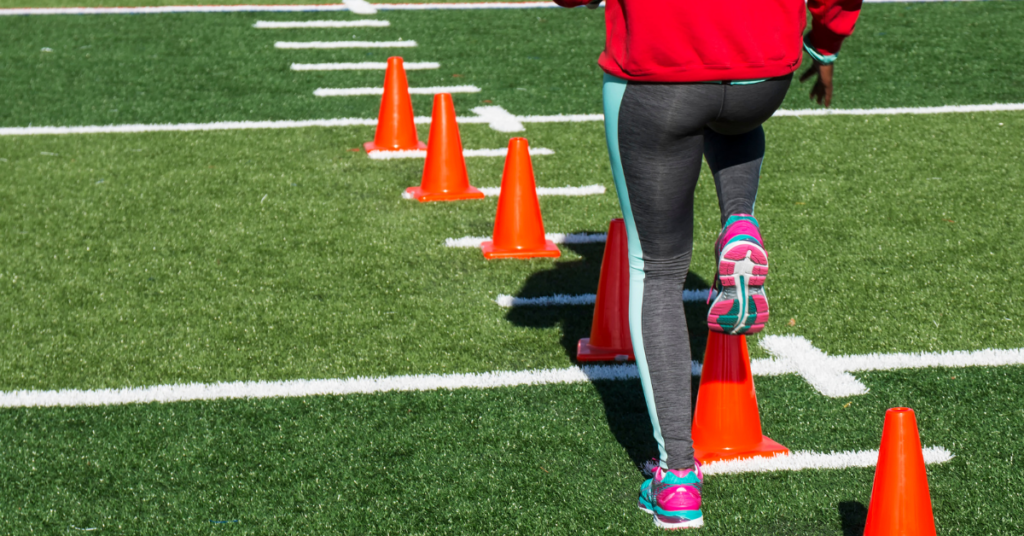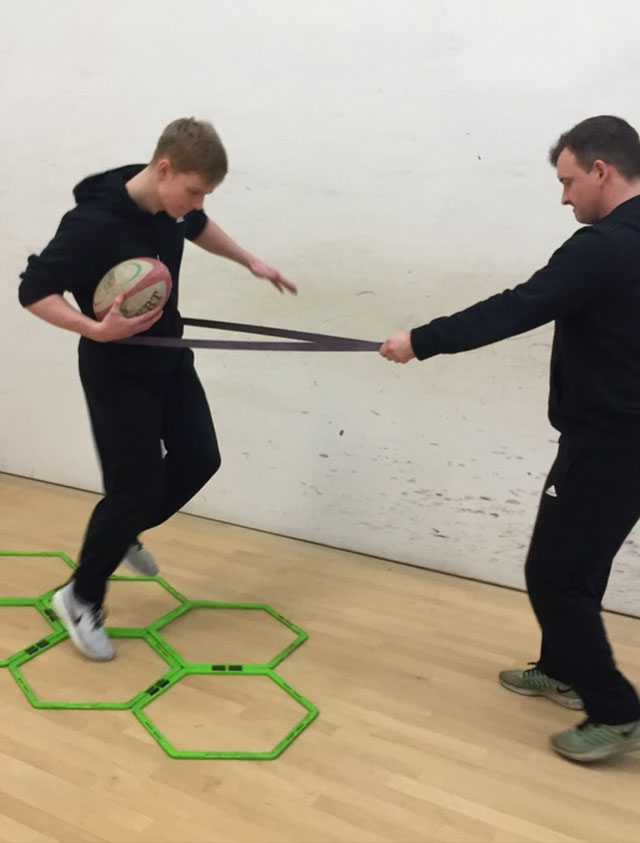Unravelling the Mental Aspect of Athletic Endurance
A common question among athletes and fitness enthusiasts is why some individuals can push themselves further than others. The secret lies not in physical capacity alone, but in the mental fortitude to endure extreme fatigue. This blog delves into the psychology behind this phenomenon.
The Role of Mental Strength in Athletic Performance
Athletic performance, especially in extreme conditions, is as much a mental challenge as a physical one. Research indicates that elite cyclists, for instance, have developed mechanisms to cope with fatigue, a blend of possibly innate traits and learned behaviours. At MFT, we recognize the importance of training the mind to ‘go to the well,’ enhancing both mental and physical endurance.
Psychobiological Strategies for Endurance
The psychobiological theory of fatigue suggests several psychological tools to improve endurance, such as self-talk, mental imagery, and goal setting. Studies show that self-talk can significantly reduce the perception of fatigue, making it a valuable tool for endurance athletes.
Breaking Down Tasks for Manageability
Research on firefighters demonstrates the effectiveness of breaking down daunting tasks into manageable stages. This approach involves problem-solving, emotional control during the task, and post-event rationalisation and emotional processing. Such strategies are equally applicable to endurance sports like marathons, aiding in training, pacing, and coping with the highs and lows of the experience.
Pacing Strategies and Self-Regulation
Pacing is a critical aspect of endurance sports, and natural inclinations towards caution or aggression can impact performance. Adjusting pacing based on real-time feelings and implementing strategies to override natural inclinations can be beneficial.
The Risks of Pushing Too Hard
The fine line between pushing limits and overexertion is exemplified by elite athletes like Jonny Brownlee. While athletes are capable of mentally overriding fatigue, this can lead to situations like Foster’s collapse, highlighting the need for balance and understanding one’s limits.
Applying Psychology to Recreational Athletics
For recreational and semi-serious athletes, understanding the psychology of performance can unlock potential and improve performance. Recognizing the mental reserves that can be tapped into with psychological training is key to enhancing endurance capabilities.
Key References:
Martin K et al., “Superior Inhibitory Control in Professional Road Cyclists.”
Blanchfield AW et al., “The effects of self-talk on endurance performance.”
Young PM et al., “Stressors and coping strategies of U.K. firefighters.”
Micklewright D et al., “Risk perception influences athletic pacing strategy.”
St Clair Gibson A et al., “Why do endurance runners collapse?”
Join us at MFT to explore how mental fortitude and psychological strategies can elevate your athletic performance to new heights.





